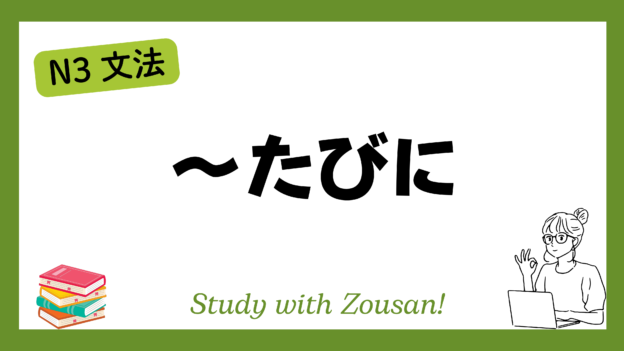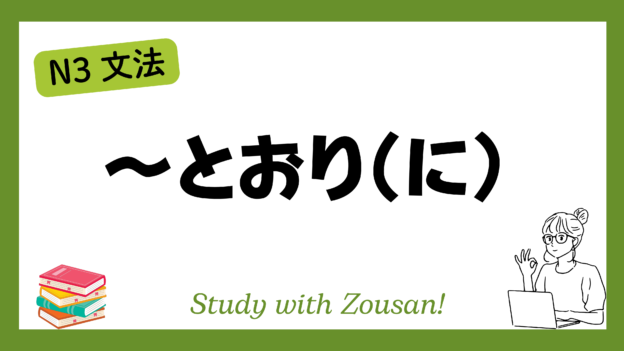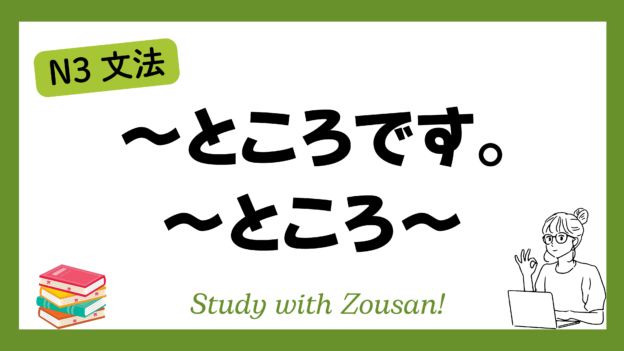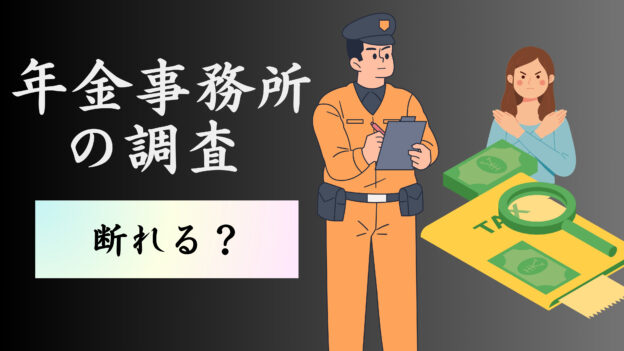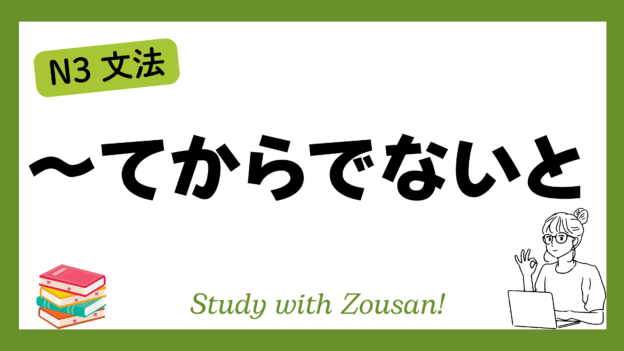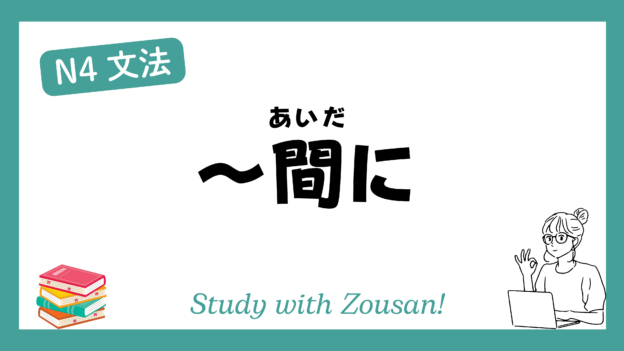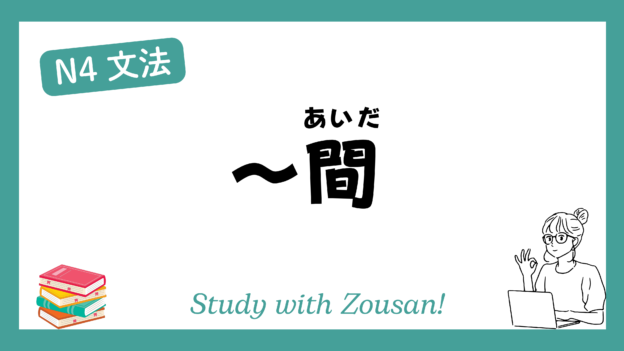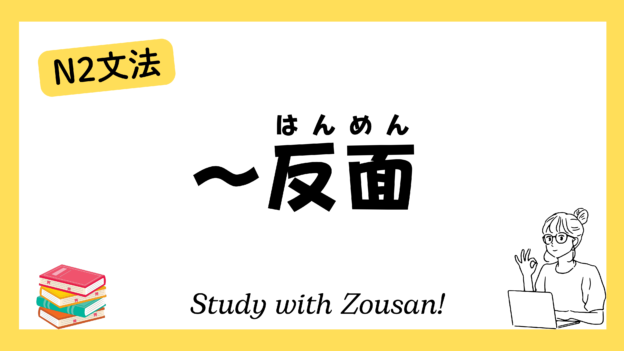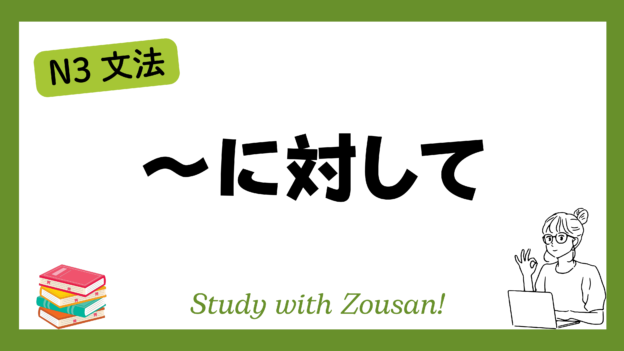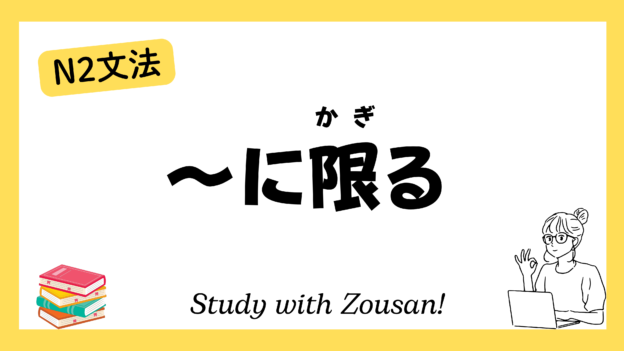Meaning: “Every time”, “Whenever”
“~たびに” is used to express that whenever a certain action or event occurs, another action or event always follows. It emphasizes a recurring event or behavior that happens every time a particular situation arises. It can be translated as “every time” or “whenever”.
※Note: This structure highlights repetition or consistency in actions or events.
Structure:
| Noun + の | + たびに |
| Verb (dictionary form) |
Example:
-
-
-
🌟 彼に会うたびに、元気をもらう。
(かれ に あう たびに、げんき を もらう。)
Every time I meet him, I feel energized. -
🌟 この曲を聞くたびに、昔のことを思い出す。
(この きょく を きく たびに、むかし の こと を おもいだす。)
Whenever I hear this song, I remember the old days. -
🌟 彼女は会うたびに、少しずつ日本語が上手くなっている。
(かのじょ は あう たびに、すこしずつ にほんご が じょうず に なっている。)
Every time I meet her, her Japanese is getting better little by little. -
🌟 その映画を見るたびに、涙が出る。
(その えいが を みる たびに、なみだ が でる。)
Every time I watch that movie, I cry. -
🌟 旅行のたびに、お土産を買ってくる。
(りょこう の たびに、おみやげ を かってくる。)
Every time I go on a trip, I buy souvenirs. -
🌟 説明書を読むたびに、新しいことを学ぶ。
(せつめいしょ を よむ たびに、あたらしい こと を まなぶ。)
Every time I read the manual, I learn something new. -
🌟 彼女と話すたびに、楽しい気持ちになる。
(かのじょ と はなす たびに、たのしい きもち に なる。)
Every time I talk to her, I feel happy. -
🌟 この道を通るたびに、昔を思い出す。
(この みち を とおる たびに、むかし を おもいだす。)
Whenever I pass by this road, I remember the past. -
🌟 出張するたびに、家族が恋しくなる。
(しゅっちょう する たびに、かぞく が こいしく なる。)
Every time I go on a business trip, I miss my family. -
🌟 彼の話を聞くたびに、勉強になる。
(かれ の はなし を きく たびに、べんきょう に なる。)
Every time I listen to him, I learn something.
-
-


